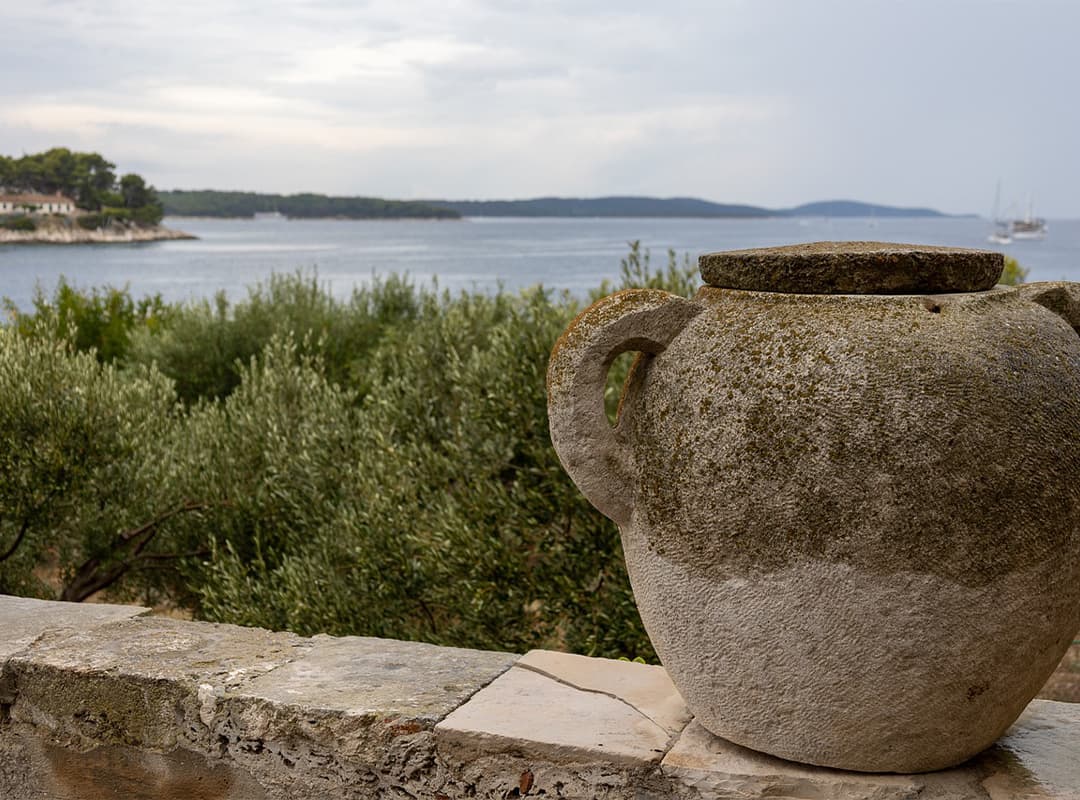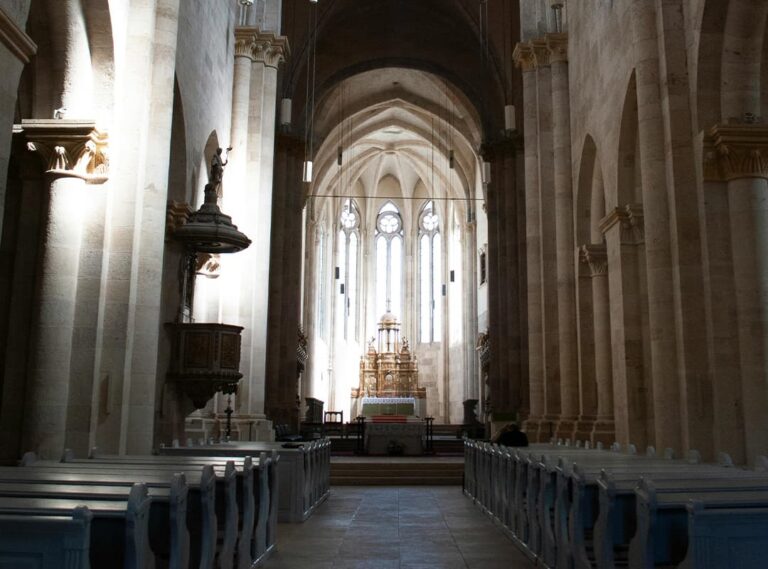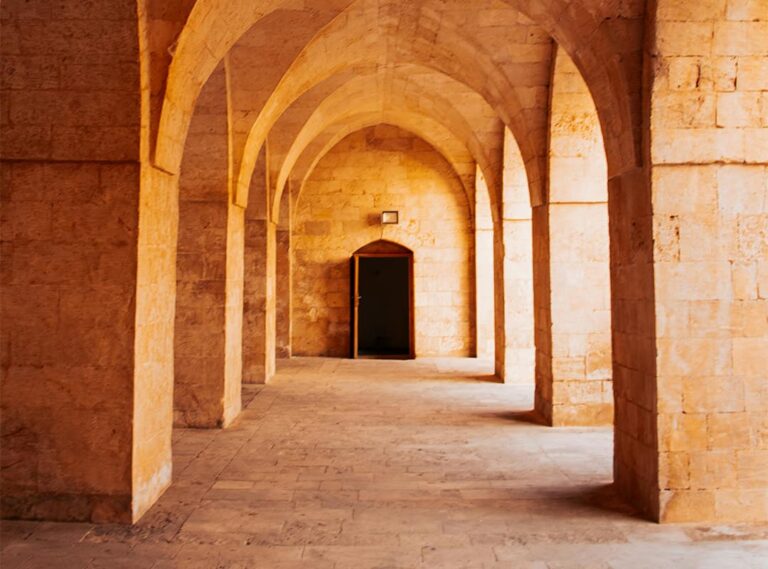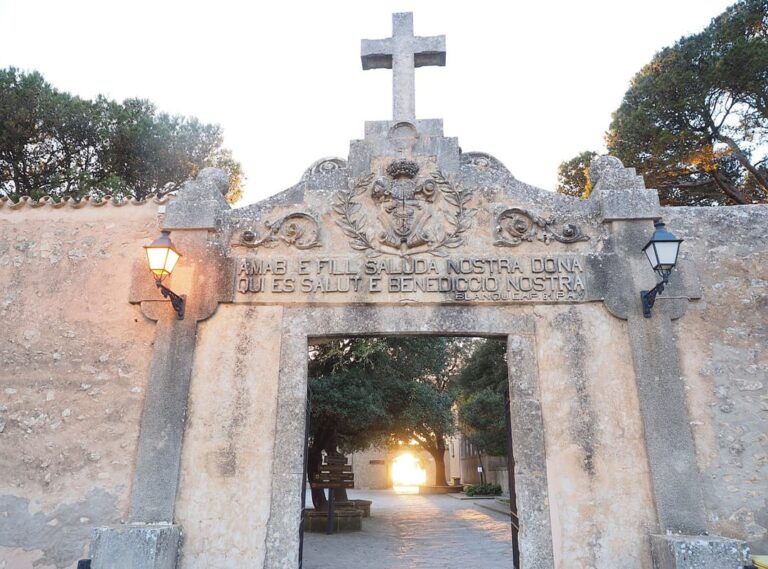The Franciscan Order, founded by Saint Francis of Assisi in the early 13th century, has a long and storied tradition of caring for the sick and wounded. The Order’s commitment to service, compassion, and humility has driven their involvement in medical care throughout history. This article explores the Franciscan contribution to medicine, highlighting their role in providing aid to the ill and injured, and the significance of symbols such as the Our Lady of Częstochowa statues in their medical and spiritual work.
Historical Contributions to Medicine
From their early days, Franciscans have played a significant role in the development of medical care:
- Early Medical Care
- In the Middle Ages, Franciscans established hospitals and hospices to provide care for the sick and dying. These institutions were notable for their commitment to treating all patients with dignity and compassion, regardless of their social status or means. The Franciscans’ approach was pioneering in emphasizing holistic care, addressing both the physical and spiritual needs of patients.
- Medical Innovation
- The Franciscan commitment to care extended to medical innovation. They employed the knowledge of herbal medicine and early medical practices, contributing to the development of treatments and care techniques. Many Franciscan hospitals were centers of learning where medical knowledge was shared and expanded.
- Support for Plague Victims
- During pandemics such as the Black Death, Franciscans were on the front lines, providing care for those afflicted by the plague. Their work during these crises was marked by bravery and selflessness, as they risked their own lives to assist the sick and prevent the spread of disease.
Modern Contributions to Medical Care
In the contemporary era, Franciscans continue to make significant contributions to medical care:
- Hospitals and Clinics
- Today, many Franciscan-run hospitals and clinics around the world provide medical care in underserved areas. These institutions continue to operate with the same principles of compassion and service that characterized early Franciscan healthcare efforts. They offer a range of services, from general medical care to specialized treatments, and are often involved in community health initiatives.
- Healthcare Missions
- Franciscan healthcare missions work globally to address health crises and provide medical support in regions affected by poverty, conflict, and natural disasters. These missions often include mobile clinics, vaccination campaigns, and the distribution of essential medical supplies.
- Holistic Care
- Emphasizing a holistic approach to medicine, Franciscans focus on the physical, emotional, and spiritual well-being of patients. This approach integrates traditional medical practices with compassionate care, aiming to treat the whole person rather than just the symptoms of illness.
Spiritual Support and Symbolism
The role of spiritual symbols, such as the Our Lady of Częstochowa statues, plays an important part in the Franciscan approach to healthcare:
- Our Lady of Częstochowa Statues
- The statues of Our Lady of Częstochowa, representing the Black Madonna, are significant in Franciscan spirituality. Known for its miraculous reputation, the Black Madonna is revered in various Christian traditions, including by Franciscans. These statues often serve as focal points for prayer and meditation, offering spiritual comfort and hope to patients and caregivers alike.
- Spiritual and Emotional Support
- In Franciscan hospitals and clinics, the presence of spiritual symbols such as the Our Lady of Częstochowa statues provides emotional and spiritual support. They serve as a reminder of divine care and protection, helping patients and their families cope with illness and recovery.
- Integrating Faith and Medicine
- The integration of faith with medical practice is a hallmark of Franciscan healthcare. The presence of religious symbols in medical settings reflects the belief that spiritual well-being is an integral part of overall health. This approach fosters a healing environment that honors both the physical and spiritual dimensions of care.
Impact on Modern Healthcare
The Franciscan legacy in medicine continues to impact modern healthcare practices:
- Compassionate Care
- The Franciscan emphasis on compassion and dignity in medical care influences contemporary healthcare practices, emphasizing the importance of treating patients with respect and empathy. This approach enhances the overall quality of care and supports patient-centered practices.
- Community Health Initiatives
- Franciscan-run medical facilities often engage in community health initiatives that address broader social determinants of health. By providing education, preventive care, and support services, they contribute to improving public health outcomes.
- Global Health Efforts
- The global healthcare missions of Franciscans highlight their commitment to addressing health disparities and providing aid in crisis situations. Their efforts contribute to advancing health equity and improving access to care in underserved regions.
The Franciscan Order’s dedication to medicine is a reflection of their broader commitment to service and compassion. From their early efforts in establishing hospitals and providing care during pandemics to their modern-day work in global healthcare missions, Franciscans have made a lasting impact on the field of medicine. The presence of symbols such as the Our Lady of Częstochowa statues in medical settings underscores the integration of spiritual support with medical care, enriching the healing process for patients and caregivers alike. Through their ongoing contributions, Franciscans continue to uphold the values of humility, compassion, and holistic care, making a significant difference in the lives of those they serve.











